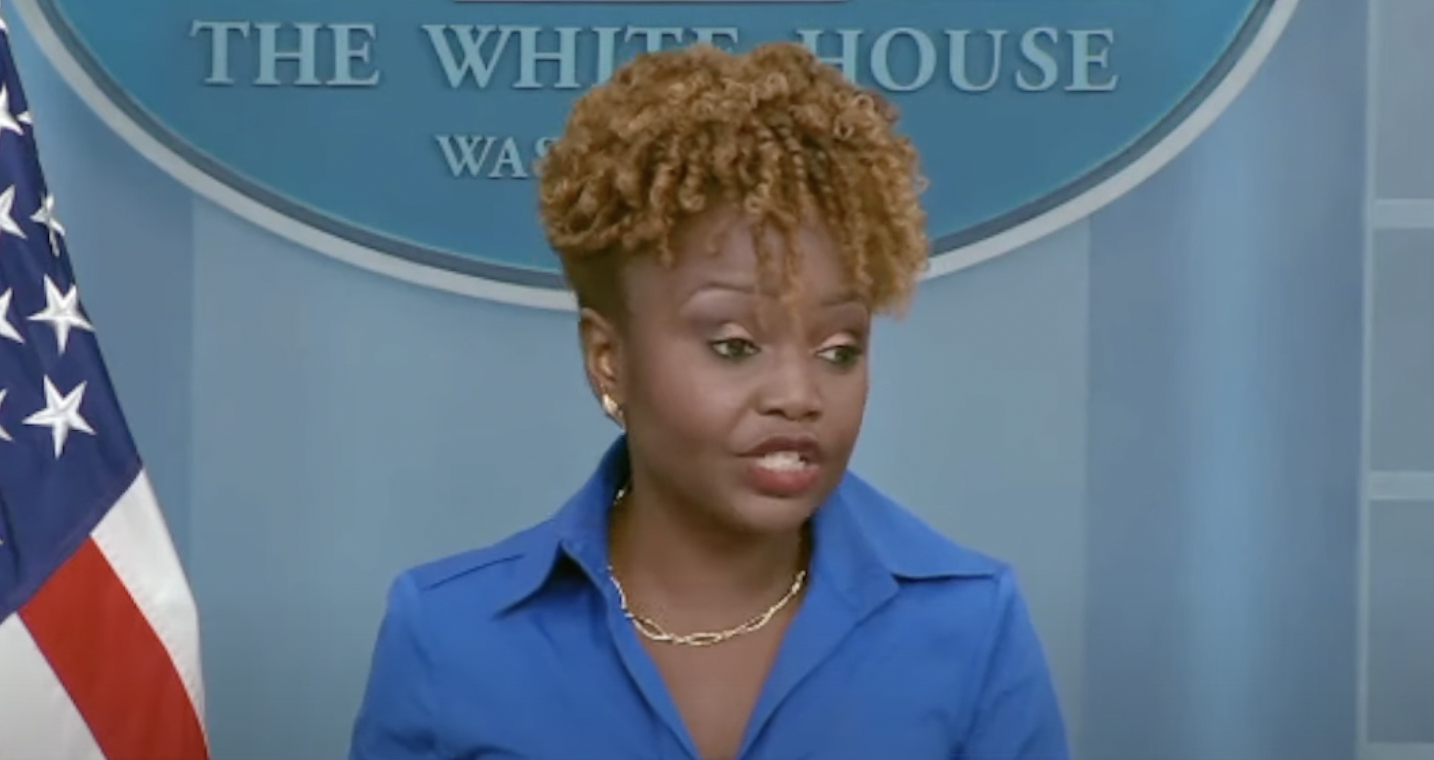If you’ve turned on a TV lately, you’ve likely heard more than enough ‘opinions’ from certain conservative news outlets about the trans community. In the face of hate, misinformation, and violence, standing up for one’s identity may begin to feel like fighting an endless war rather than an act of power. At Electric Literature, we’re celebrating trans writers with some of our favorite essays, reading lists, and stories from the archives.
“Dumped at Brunch and Too Jaded to Care” by Imogen Binnie
In this excerpt from Nevada by Imogen Binnie, recommended by Jackson Howard, fed up Maria reflects on the right way to fake an orgasm as she is being choked by her girlfriend Steph. With cynical, sardonic humor, Binnie depicts the mundane realities of being trans.
Trans women in real life are different from trans women on television. For one thing, when you take away the mystification, misconceptions and mystery, they’re at least as boring as everybody else.
“How To Write About Trans People” by Eli Cugini
Despite an increase of trans characters in stories by cis authors, trans characterization is rarely discussed by cis critics. Eli Cugini interrogates what exactly cis authors gain from writing trans characters and uses contemporary examples to show how trans characters should and should not be written.
But talking about a complex and fraught phenomenon like transness means being honest about the roots of the discussion: what do trans characters do for cis people? What messages, anxieties, and ways of seeing are being encoded in trans rep today? And where does that need to change?
“Ask Me Whether or Not I’m Trans” by Addie Tsai
In late ‘90s Houston, before the era of YouTube, TikTok, and Twitter, Addie Tsai was convinced people like them–Asian, biracial, queer, and non-binary–did not exist. The only place they saw themself was the anime Ranma, in which the titular character existed as both boy and girl in one body.
We no longer live in a world where we’re relegated to the queer selves that are ‘obvious,’ or the one or two pieces of media that show us who aren’t cis white gays who we could really be.
“The Transformative Power of Writing Trans Motherhood” by Elanor Broker
As her wife’s pregnancy progresses, Elanor Broker feels alone in her impending trans motherhood. Broker finds guidance and solidarity in Torrey Peters’ Detransition, Baby and Maggie Nelson’s The Argonauts.
We humans rely on stories to make sense of overwhelming change, not just as practical maps for planning and preparation, but to expand our horizons, to envision new possibility.
“Who’s Afraid of the Gender Apocalypse?” By Katherine Packert Burke
In the instance of gender apocalypse, where do trans people fall? Katherine Packert Burke analyzes Afterland and The Men to discuss the disappearance of trans people in apocalypse narratives by cis writers.
References to these trans women, or to the trans men who survive, are fleeting and uncomplicated. But these are books about gender. They’re trying to reckon with something toxic in the structure of society. Why wouldn’t trans people be a part of that? What fears are they reckoning with that don’t include trans people?
“‘Miss Congeniality’ and Other Forced Femme Makeover Films Mirrored My Feminine Soul” by Christ
As Christ came to understand her own gender identity, she gravitated toward femme makeover films as a substitute for explicitly trans narratives. Through Miss Congeniality and Detransition, Baby, Christ comes to understand womanhood as a gift given and shared among women.
Boys who become men and girls who become women are rewarded with increasing returns the more any person commits to their assigned bit.
“The ‘Star Trek’ Episode That Helped Me Understand My Transition” by Elanor Broker
In an era that’s tearing down toxic masculinity, boys can do all the things we traditionally prescribed as feminine–so what makes a woman a woman, and how do we choose our identity? Years into her transition, Elanor Broker is still pondering this question, the answer of which she unexpectedly finds through Star Trek.
It’s a nervous tic, every time you try to explain this thing you suspect, this thing you think must be there — you try to relate some trait, some habit, some tendency, some aspect that feels gendered in a meaningful way, but out comes that inevitable ‘oh, but of course boys can totally do that, too.’
“8 Fantasy Novels by Trans and Nonbinary Authors” by Electric Literature
Electric Literature presents a list of fantasy novels written by trans and non-binary authors that celebrate and include gender queer characters, as opposed to the works of certain other transphobic billionaires.
Thank goodness the biggest-selling fantasy author of all time hasn’t thrown her lot in with a pack of weirdly genital-obsessed identity police! That would, after all, be an extremely weird choice…
“9 Books by Trans Authors Changing Literature Today” by Joss Lake
Joss Lake, author of “Future Feeling,” recommends new trans books that expand the once narrow narrative of what it means to be trans.
This is the problem with clutching a single portrayal of trans life. We—writers, trans folks, everyone—model ourselves on each other. We need nourishment: a vast range of narratives, styles, and lives.
“Trans Characters Are In Vogue, But Where Are the Thinkpieces?” By Eli Cugini
Trans characters have become more prevalent in cis literature–so why aren’t cis reviewers talking about them? Eli Cugini analyzes how avoidant cis responses to trans characters have harmed trans depictions.
Avoidance is disappointing, as is an uncritical, magnanimous ‘oh, how lovely’ attitude towards the mere existence of trans representation. Transness has the curious capacity to turn off cis reviewers’ critical capacities.



























































